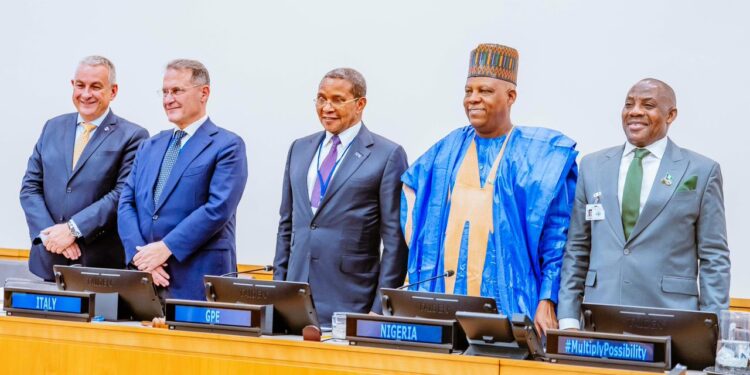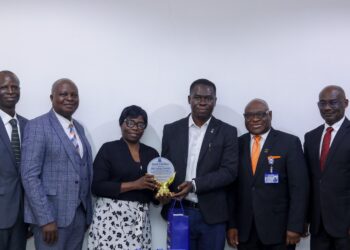The University of Lagos (UNILAG) is on course to achieve a significant milestone in sustainable transportation, with its electric bus shuttle initiative projected to eliminate more than 120 metric tonnes of carbon dioxide (CO₂) emissions before the end of 2025.
Launched in January 2025 in partnership with Ogata Global Resources and Chart Eco Global Services, the initiative began with a fleet of 10 electric buses. Within the first half of the year, the vehicles covered over 102,000 kilometres, reducing emissions by 16.78 metric tonnes.
Following the successful start, UNILAG expanded the fleet by 20 additional buses, bringing the total to 30. The university now expects to reach a 124 metric tonne reduction by the year’s close, with projected coverage of up to 700 kilometres daily.
According to the university, the environmental savings are comparable to planting and nurturing approximately 5,600 trees in one year. The effort reflects UNILAG’s commitment to advancing the United Nations Sustainable Development Goals (SDGs), particularly climate action, clean energy, and sustainable cities.
The emissions data were calculated and verified by Chart Eco Global Services using internationally recognised protocols, including the UK’s DEFRA, the US EPA, and the IPCC 2006 Guidelines. The methodology, based on the Greenhouse Gas Protocol for mobile combustion, was further reviewed by experts at UNILAG’s TETFund Centre of Excellence in Biodiversity Conservation and Ecosystem Management (TCEBCEM).
Speaking on the progress, Mr Itinulowa Okusami, CEO of Chart Eco Global Services, said:
> “This initiative is a proof of concept to decarbonise Nigeria’s heavily polluted transport sector. I am delighted at the amount of carbon we’ve been able to prevent from entering our environment. More importantly, this model proves we can scale sustainable mobility across schools and communities, making an even bigger impact.”
Mr Henry Eke, CEO of Ogata Global Resources, highlighted both the environmental and economic value of the project, noting:
> “This initiative is timely, especially given the current economic realities. The EVs provide a more affordable transport option while also contributing to a cleaner, healthier environment.”
Environmental expert Dr Okwong Walter of TCEBCEM confirmed the integrity of the emissions report and applauded the university’s leadership in sustainability. He added that the project would significantly improve air quality on and around the campus by reducing pollutants typically associated with conventional vehicles.
The UNILAG electric bus shuttle is regarded as a national benchmark for clean mobility in higher education institutions. More than a transport upgrade, the project demonstrates that sustainability is not a distant aspiration but a practical choice towards a healthier, low-carbon future.























































































 EduTimes Africa, a product of Education Times Africa, is a magazine publication that aims to lend its support to close the yawning gap in Africa's educational development.
EduTimes Africa, a product of Education Times Africa, is a magazine publication that aims to lend its support to close the yawning gap in Africa's educational development.